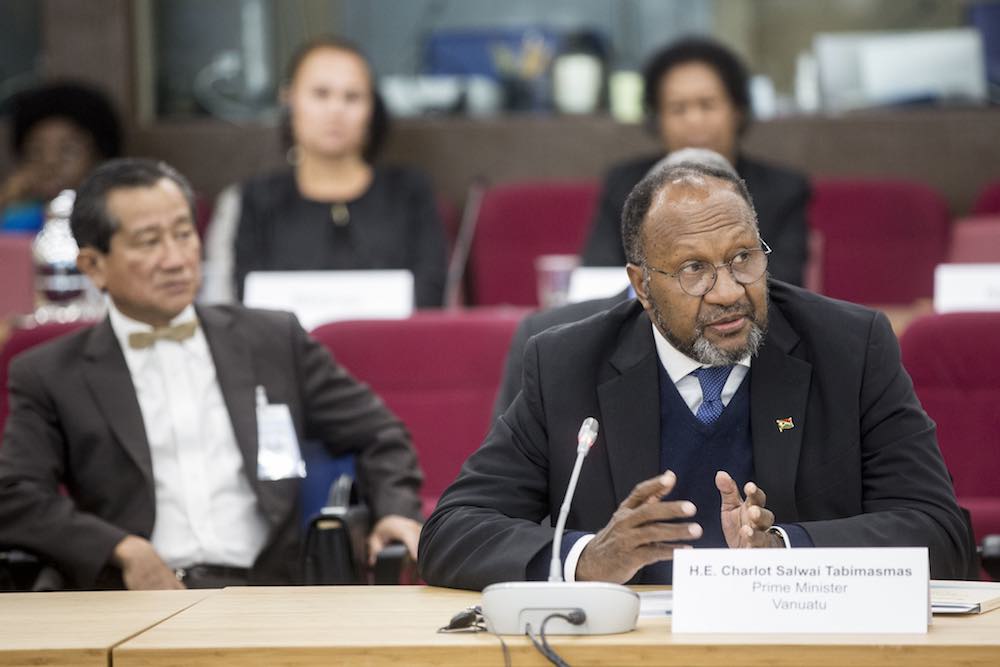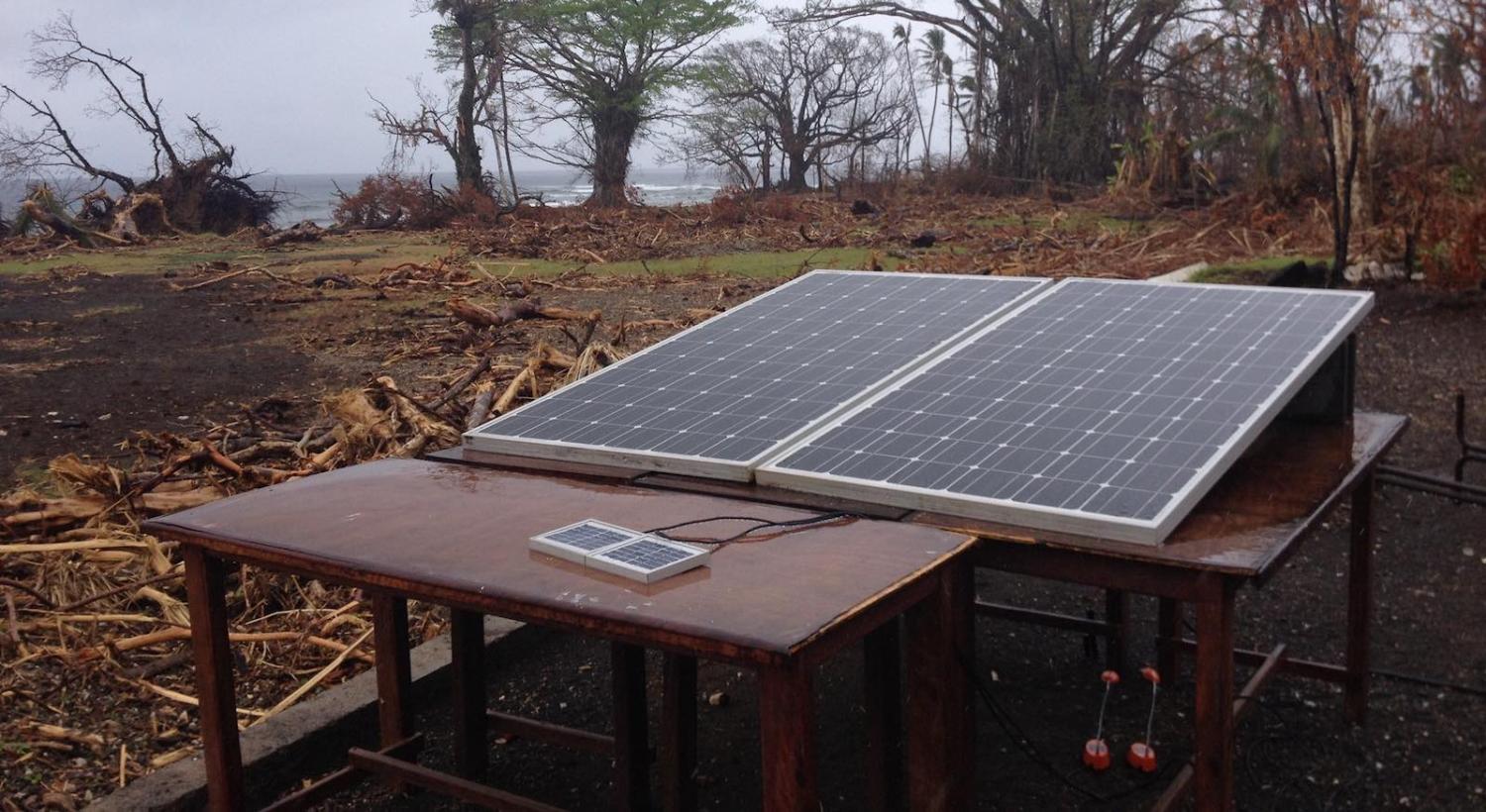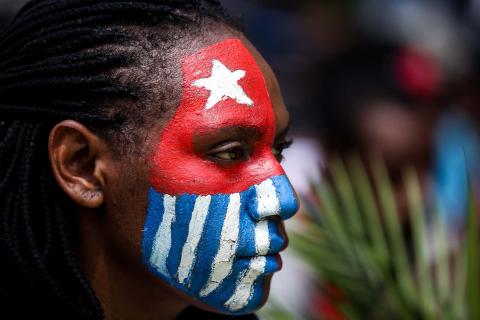Diplomatic switch
- Two weeks ago, both Solomon Islands and Kiribati switched diplomatic recognition from Taiwan to China. Solomon Islands Prime Minister Sogavare offered this statement to explain the decision, and here is the reaction from Taiwan’s Ministry of Foreign Affairs. Radio New Zealand offered a good summary of what took place.
- The consequences are still being felt. Solomon Islands cabinet is now in turmoil after five of the six cabinet members who abstained in the vote on the switching decision were removed from office. Meanwhile, Malaita province’s Daniel Suidani alleged he was offered a SBD$1million bribe to support the change.
- The switch was indeed a blow not only for Taiwan but also for the United States as it seeks to contain China’s rise in the Pacific. Here is an explanation by the US ambassador to Papua New Guinea, Solomon Islands, and Vanuatu on why the US would prefer countries to keep ties with Taiwan rather than China. David Ware goes further, arguing that Kiribati offers a strategic location for China if it wants to re-establish its satellite tracking station on Tarawa, which was dismantled after Kiribati went with Taiwan in 2003. Overall, Americans are now worried that other Pacific countries could also change, such as Palau and Marshall Islands.
A Pacific theme at the United Nations
- Ahead of the UN climate meeting this month, Kate Lyons sat down with Pacific leaders to talk about the impact the climate crisis has on their countries. Reflecting the dominance of the issue in the region, Fijian Prime Minister Bainimarama announced his country will plant around 30 million trees in the next 10 to 15 years, along with a plan to monetise the stored carbon in its “thriving and expanding forests and mangroves.”
- On the sidelines of the UN General Assembly, India’s Prime Minister Narender Modi also committed to support Pacific countries in their development, showcasing his Indo-Pacific strategy, and allocating a $12 million grant ($1 million to each Pacific Islands countries) towards implementation of high impact developmental project in the area of their choice.

- The other big Pacific story at the UN this year was the call for action made by Vanuatu’s Prime Minister Charlot Salwai as he pressed the General Assembly to respond to allegations of human rights abuses in West Papua. In response to the accusation, the Indonesian representative, Aloysius Selwas Taborat lamblasted Vanuatu over its support for West Papuan self-determination, calling it “clueless”. Similarly, the speaker for Indonesia used his right of reply to address the “attacks”. Meanwhile, at least 41 people were killed in West Papua during a rally for independence.
In other news
- In Papua New Guinea, Prime Minister James Marape announced a 1 billion Kina facility over 10 years to foster economic development in Bougainville. He also said that following the failure of the PNG’s controversial deep-sea mining project Solwara 1 he would “support the call made by the Fijian PM” for a 10 years moratorium on seabed mining.
- Speaking of Fiji, during Bainimarama’s visit to Australia last month he signed the Vuvale Partnership, which covers security co-operation, economic ties, people-to-people links, multi-lateral co-operation and connections between Australian and Fijian institutions.
- While back on PNG, analysis shows the need and desire to charge mobile phones has skyrocketed the demand of off grid solar installations.
- The Asian Development Bank (ADB) has approved an $18 million loan and a $12 million grant to help Solomon Islands reduce the country’s reliance on imported fossil fuels for power generation through the Tina River Hydropower Project.
- Jon Norling argues that for Australia, the US decision to abandon the Iran nuclear risks a new costly predicament in the Middle East, which may be detrimental for Canberra given that its fundamental interest lies in the South Pacific.
- Rochelle Lee Bailey looks at the ripple effect of seasonal workers programs on Vanuatu’s domestic economy.


